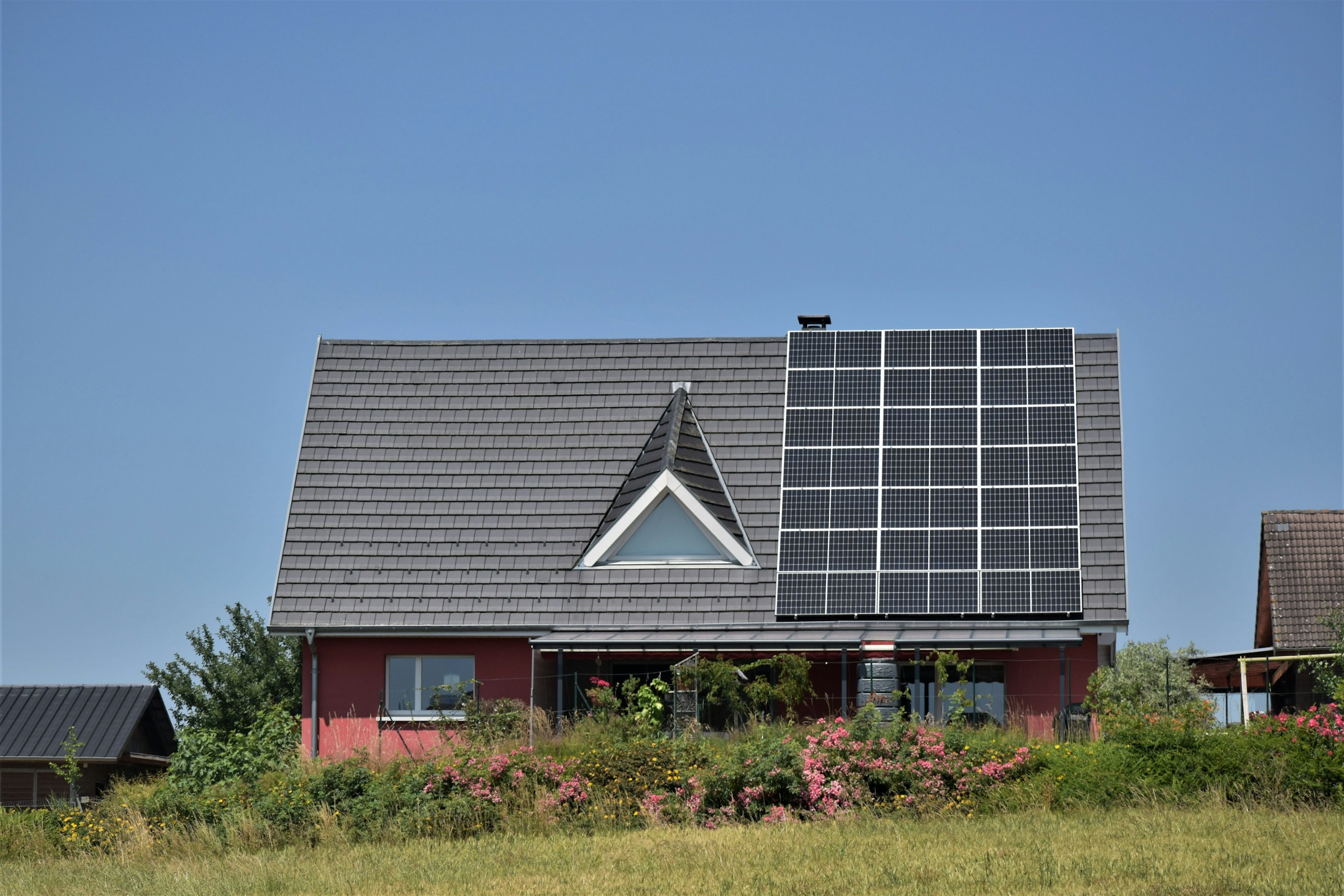As UK landlords, it’s imperative for you to stay up-to-date with the latest changes in regulations to ensure your properties are compliant. In an age where energy efficiency is paramount, adhering to these regulations not only makes your rental properties more appealing to eco-conscious tenants, but can also save you significant costs. There are several measures you can take to improve the energy efficiency of your rental properties without breaking the bank. This article explores some of the most cost-effective ways for landlords to comply with new energy efficiency regulations in the UK.
Understanding the Energy Performance Certificate (EPC) Rating
The Energy Performance Certificate (EPC) is a key part of UK’s drive to improve energy efficiency in homes. This document provides a rating for your property, ranging from A (most efficient) to G (least efficient). It’s a legal requirement for landlords to have a valid EPC before they can rent out their properties.
En parallèle : How can UK homeowners effectively dispute council tax bands for property revaluation?
The EPC will also include information about the typical energy costs for the property and recommendations for reducing energy usage and costs. Understanding your property’s EPC rating and the recommended changes is the first step towards improving energy efficiency in your rental property.
Insulation Upgrades
One of the most cost-effective ways to enhance the energy efficiency of your properties is through insulation upgrades. Proper insulation can help reduce energy costs by keeping heat inside the property during winter and preventing it from entering during summer.
Lire également : Evaluating Subsidence Risk When Buying Property in the UK: Essential Strategies for Mitigation
Investing in modern, efficient insulation materials such as spray foam or blow-in insulation can lead to significant savings on heating and cooling costs. Loft insulation, in particular, is an upgrade that can yield substantial benefits. According to the Energy Saving Trust, upgrading your loft insulation from 120mm to 270mm could save you up to £225 per year.
Energy-efficient windows and doors
Another effective step towards improving your property’s EPC rating is installing energy-efficient windows and doors. Double glazing, for instance, can prevent heat from escaping, thus reducing the need for intensive heating.
While the initial outlay for replacing windows and doors might seem high, the potential savings on energy bills make this a worthwhile investment. In addition to energy savings, such upgrades can also enhance the aesthetic appeal of your property, making it more desirable to potential tenants.
Energy-efficient Appliances
An EPC rating also takes into account the types of appliances in your property. Hence, replacing outdated appliances with energy-efficient ones is a crucial step towards improving energy efficiency. Look for appliances with an energy rating of A+++ as they consume less electricity.
Although energy-efficient appliances might cost more upfront, they will pay for themselves through reduced energy bills over time. Plus, they could boost the appeal of your property to tenants who are eco-conscious or keen on saving on utility bills.
Heating System Upgrades
While it may seem like a significant upfront cost, upgrading your heating system to a more efficient model can lead to substantial cost savings in the long run. A more efficient heating system will use less energy to heat your property, which can result in lower utility bills.
There are several ways you can upgrade your heating system. These include installing a new boiler, replacing old radiators, and installing a smart thermostat. A smart thermostat allows tenants to control the heating remotely, ensuring they use energy only when they need to. This can be particularly appealing to tenants and can assist in boosting your property’s EPC rating.
In summary, the importance of energy efficiency in rental homes cannot be understated. As a landlord, investing in energy efficiency measures is not only a compliance issue but can also enhance the desirability of your property, leading to higher rental yields. By improving insulation, installing energy-efficient windows and doors, upgrading appliances, and modernising your heating system, you can make your properties more energy-efficient and attractive to prospective tenants.
Renewable Energy Sources
The transition to renewable energy sources is not just a trend but a necessity in today’s world. For UK landlords, the integration of renewable energy sources into rental properties can be a cost-effective way to comply with the new energy efficiency standards, improve the property’s EPC rating, and attract eco-friendly tenants.
Solar panels are one of the most common and effective sources of renewable energy. They convert sunlight into electricity, significantly reducing the dependence on conventional energy sources and lowering energy bills. While the initial cost of installation can be substantial, the long-term savings and the possibility of selling excess energy back to the grid make it a worthy investment.
Low or zero-carbon heating systems, such as heat pumps or biomass boilers, can also be considered. These systems are more energy-efficient than conventional boilers, and under the UK government’s Renewable Heat Incentive (RHI), landlords can receive payments for the heat they generate using these technologies.
Importantly, before installing any renewable energy system, it’s advisable to conduct an energy assessment of the property. This can help determine the most suitable renewable energy source, taking into account factors such as location, property size, and current energy consumption.
The Role of Landlord Insurance
Landlord insurance plays a crucial role in the rental market. While it may not directly improve energy efficiency, it’s a key component in safeguarding your investment, especially when making significant upgrades to your property in line with efficiency standards.
Being proactive in making improvements to the energy efficiency of your property can also be beneficial to your landlord insurance. Some insurance providers may offer discounts or benefits for landlords who are proactive in maintaining and improving their properties, including energy-efficient upgrades.
Landlord insurance can cover the costs of damage or necessary repairs to improvements such as insulation, energy-efficient windows, or renewable energy systems. This means that if your newly installed solar panels or double-glazed windows get damaged, the right insurance policy could cover the costs, preventing any financial setbacks that could affect the energy efficiency of your properties.
Conclusion
Navigating the ever-evolving landscape of energy efficiency regulations in the UK rental market can be challenging. However, it’s crucial for landlords in England and Wales to understand and adhere to these guidelines for the benefit of their tenants, the environment, and their own bottom line.
By understanding the EPC rating, upgrading insulation, installing energy-efficient windows and doors, integrating energy-saving appliances, modernizing the heating system, utilizing renewable energy sources, and having comprehensive landlord insurance, landlords can meet and even exceed the minimum energy efficiency standards (MEES) regulations.
These cost-effective measures not only enhance the energy performance of rental properties but also make them more appealing to a growing segment of eco-conscious tenants. Hence, investing in energy efficiency isn’t just about compliance; it’s a strategic move that can position your property favorably in the competitive rental market and yield significant financial returns in the long run.






